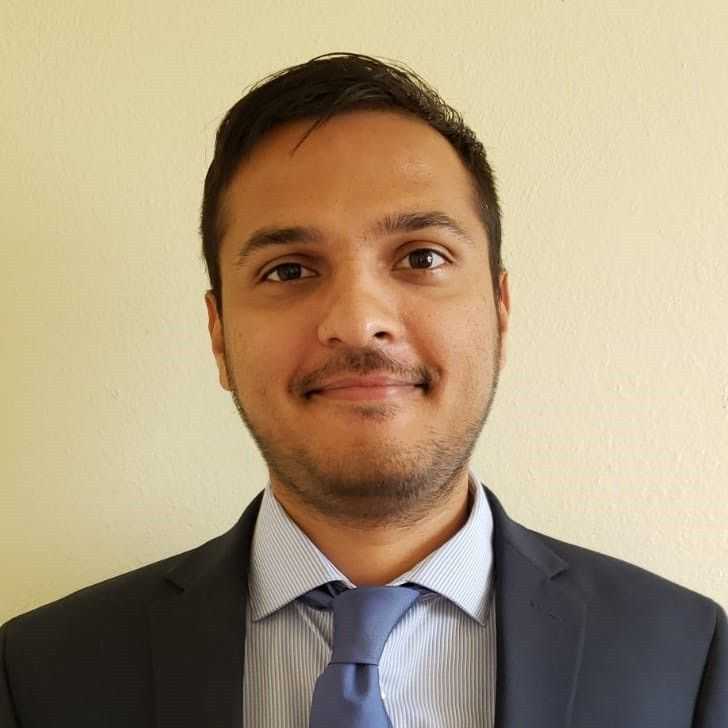Opportunities in life are like trains. Like you missed that train because had you caught on to it like five years back, you would be in a much better place.
M.Sc. Physics
B.E. Electronics and Instrumentation
CGPA: 8.1
EXPERIENCE
Sep 2020 - Present
Mathworks, Massachusetts
Application Support Engineer II
As an Application Support Engineer, I have dual roles. In the development role, I work on deploying deep learning models that are trained in MATLAB. Models are coded in Tensorflow, Pytorch but when you deploy them using C++ inference libraries, they need to be optimized for performance. I work on this optimization process. In my customer-facing role, since I have a specialization in deep learning and physics, I provide domain-specific help to customers regarding such tasks. Recently, weather.com was building a model for some weather prediction and needed someone who had domain expertise in deep learning to help them out. So that's what I do.
2017-2020
Texas A&M
PhD Student in Theoretical Physics
I had seven research publications in renowned journals on practical aspects of String Theory and CFTs involving complex mathematical and statistical analysis inclined towards the understanding of fundamental physics.
May 2015 – Aug 2015
CERN Internship, Geneva
Software Engineer
In the first month, we were given coursework. There were no exams, but they started from the very basics right upto all the recent developments. In the next month, students were either assigned or given the option to choose a supervisor. My task was to design a modified implementation of a clustering algorithm to detect jet structure in collision data at CERN. This turned out to become my most cited paper.
May 2013 – Jul 2013
University of Leipzig
Intern
My project was based on Feynman Diagram computation. The scattering of electrons is one of the simplest processes. But when you compute the amplitude of that process, it's a four-page, tiny handwriting long calculation. Spinner, helicity formulas help do that computation in four lines. My project was just this new formalism like doing fine computations, and with these new methods. I wasn't doing any new research but I was reading research papers and then applying them to certain things.

